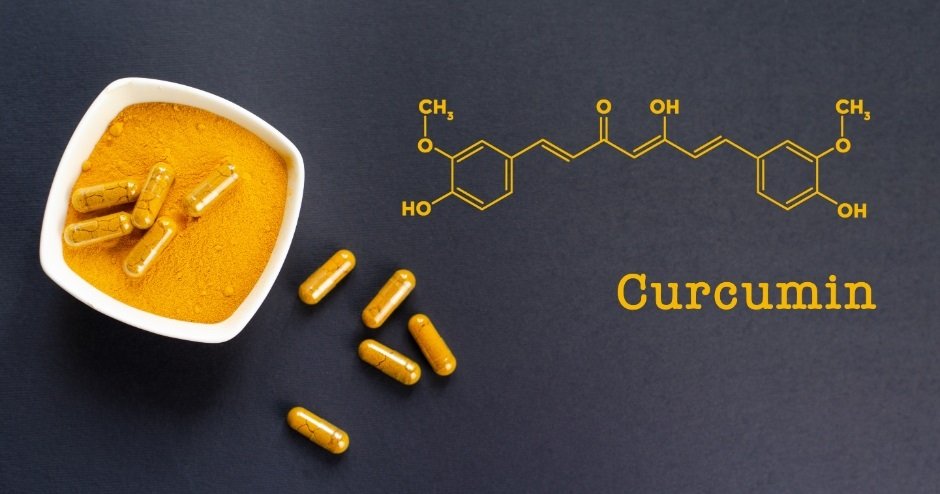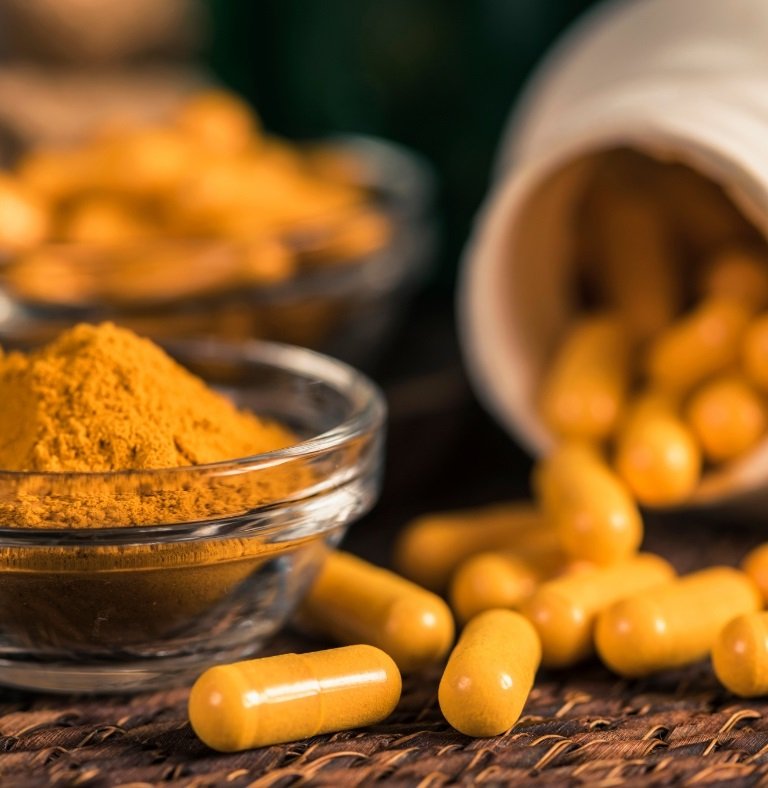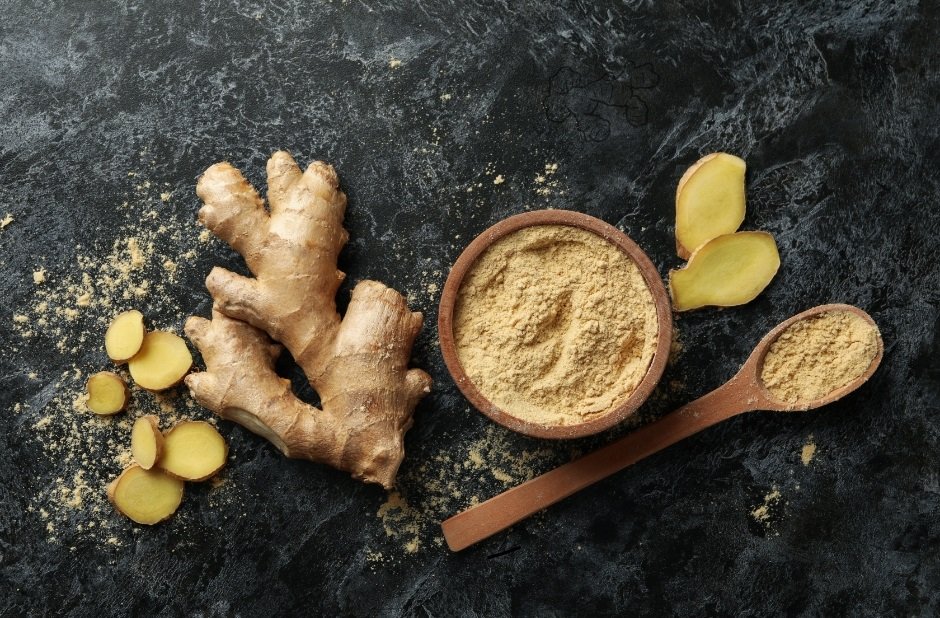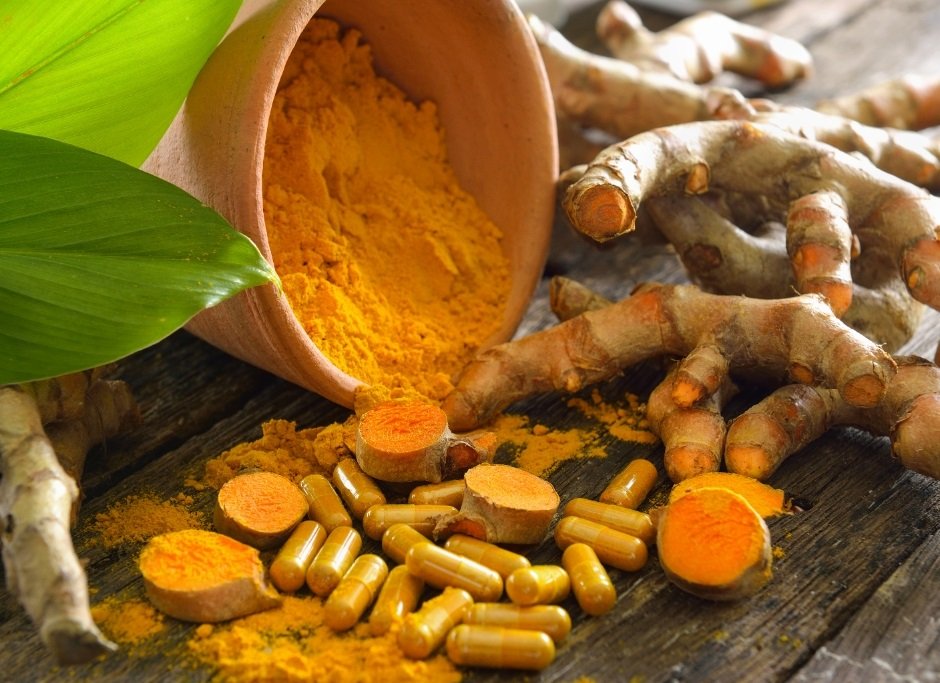Turmeric: Nature’s Golden Remedy
Turmeric is a vibrant yellow-orange spice derived from the root of the Curcuma longa plant, which is part of the ginger family. It has been used for centuries in traditional medicine, particularly in India and Southeast Asia, for its potential health benefits. Its active compound, curcumin, has been studied for its anti-inflammatory and antioxidant properties, among other benefits. This article explores the origins of turmeric, the role of curcumin, its health benefits, and how to incorporate it into your daily life.
Origins of Turmeric
Turmeric has a rich history that spans thousands of years. It is native to India and has been used in Ayurveda, a traditional system of medicine, as well as in other traditional medicines across Asia. Turmeric’s vibrant color and unique flavor make it a staple in many culinary dishes, especially in Indian and Southeast Asian cuisine. It is the key ingredient in curry powders and is often used to give color and flavor to foods like rice, soups, and stews.
Turmeric’s use as a dye and in religious ceremonies also underscores its cultural significance. Its bright yellow color has been used to dye cloth and to mark sacred objects in various traditions. Beyond its culinary and cultural uses, turmeric has long been valued for its potential healing properties.

Curcumin: The Active Compound

The health benefits of turmeric are largely attributed to curcumin, the primary bioactive compound in the turmeric root. Curcumin is a polyphenol with potent anti-inflammatory and antioxidant effects. However, curcumin makes up only a small percentage of turmeric, typically about 3-5% by weight. This low concentration is why turmeric is often combined with other compounds to enhance the bioavailability and absorption of curcumin.
One common method to increase curcumin’s effectiveness is to combine it with black pepper, which contains piperine. Piperine can increase curcumin’s absorption by up to 2,000%, making it a critical component in many turmeric supplements. Additionally, curcumin is fat-soluble, meaning it dissolves in fat. Consuming turmeric with a source of healthy fats, like avocado or coconut oil, can also improve its absorption.
Health Benefits of Turmeric
Turmeric and curcumin have been associated with a wide range of health benefits, supported by scientific research. Here are some key benefits:
- Anti-Inflammatory Properties: Chronic inflammation is linked to various diseases, including arthritis, heart disease, and autoimmune conditions. Curcumin’s anti-inflammatory properties make it a potent natural remedy for reducing inflammation in the body. Studies have shown that curcumin can inhibit inflammatory pathways and reduce the production of pro-inflammatory molecules. This makes turmeric a potential treatment option for conditions like osteoarthritis and rheumatoid arthritis.
- Antioxidant Effects: Oxidative stress occurs when there are too many free radicals in the body, leading to cell damage and contributing to aging and chronic diseases. Curcumin is a powerful antioxidant that can neutralize free radicals and boost the body’s antioxidant enzymes. This antioxidant activity helps protect cells from damage and may play a role in preventing diseases like cancer and heart disease.
- Heart Health: Turmeric may have a positive impact on heart health. Studies suggest that curcumin can reduce cholesterol levels, lower blood pressure, and improve endothelial function, which is the health of the inner lining of blood vessels. By promoting better heart health, turmeric may help reduce the risk of heart disease, heart attacks, and strokes.
- Brain Health: Curcumin has shown potential in promoting brain health and reducing the risk of neurodegenerative diseases. It can increase levels of brain-derived neurotrophic factor (BDNF), a protein that supports neuron growth and survival. Low BDNF levels are associated with depression and Alzheimer’s disease. By increasing BDNF levels, turmeric might help improve mood and cognitive function.
- Arthritis Relief: Turmeric is often used to alleviate symptoms of arthritis and joint pain. Its anti-inflammatory properties can reduce joint swelling and pain, making it a natural alternative to nonsteroidal anti-inflammatory drugs (NSAIDs). Some studies suggest that curcumin is as effective as traditional NSAIDs in reducing symptoms of osteoarthritis and rheumatoid arthritis.
- Cancer Prevention: Research into curcumin’s anticancer properties is ongoing. Some studies indicate that curcumin can inhibit the growth of cancer cells, reduce the spread of tumors, and induce apoptosis (cell death) in cancer cells. While more research is needed to confirm these findings, curcumin’s potential role in cancer prevention and treatment is promising.
How to Incorporate Turmeric into Your Diet
Incorporating turmeric into your daily routine can be simple and enjoyable. Here are several ways to use turmeric:

Golden Milk
Golden milk, or turmeric latte, is a popular and soothing way to enjoy turmeric. This beverage is made by mixing turmeric with milk (dairy or plant-based) and adding spices like ginger, cinnamon, and black pepper. It is often sweetened with honey or another natural sweetener, providing a comforting and health-boosting drink.
Curries and Stews
Turmeric is a key ingredient in many curries and stews. Adding turmeric to these dishes not only enhances their flavor but also provides health benefits. Turmeric pairs well with a variety of spices, making it a versatile addition to savory dishes.


Smoothies
Turmeric can be added to smoothies for an extra boost of flavor and health benefits. Combining turmeric with fruits, vegetables, and a source of healthy fats can improve curcumin absorption. Adding black pepper to your smoothies can further enhance turmeric’s effectiveness.
Supplements
If you’re looking for a concentrated dose of curcumin, supplements are available in various forms, including capsules and tablets. When choosing a supplement, look for one that contains piperine or other bioavailability enhancers. As with any supplement, it’s important to consult with a healthcare provider before starting a new regimen.

Potential Side Effects and Precautions
While turmeric is generally safe for most people, there are some potential side effects and precautions to consider. Consuming large amounts of turmeric or curcumin supplements can cause digestive issues, such as nausea, diarrhea, or stomach upset. Additionally, curcumin may interact with certain medications, like blood thinners or drugs that affect blood sugar levels, so it’s crucial to consult with a healthcare provider if you have underlying health conditions or take medication.
Pregnant or breastfeeding women should also be cautious with turmeric supplements, as high doses could pose risks. In general, using turmeric in food is considered safe, but supplements should be used with care and under professional guidance.
SUMMARY
Turmeric is a powerful natural remedy with a range of health benefits. Its active compound, curcumin, offers anti-inflammatory and antioxidant properties, among other potential health effects. By incorporating turmeric into your diet through various means, you can enjoy its benefits in a natural and delicious way. However, it’s important to use turmeric and curcumin supplements with caution, and always consult with a healthcare provider if you have concerns or underlying health conditions. By understanding the origins, benefits, and proper use of turmeric, you can make informed choices to support your health and wellness.












